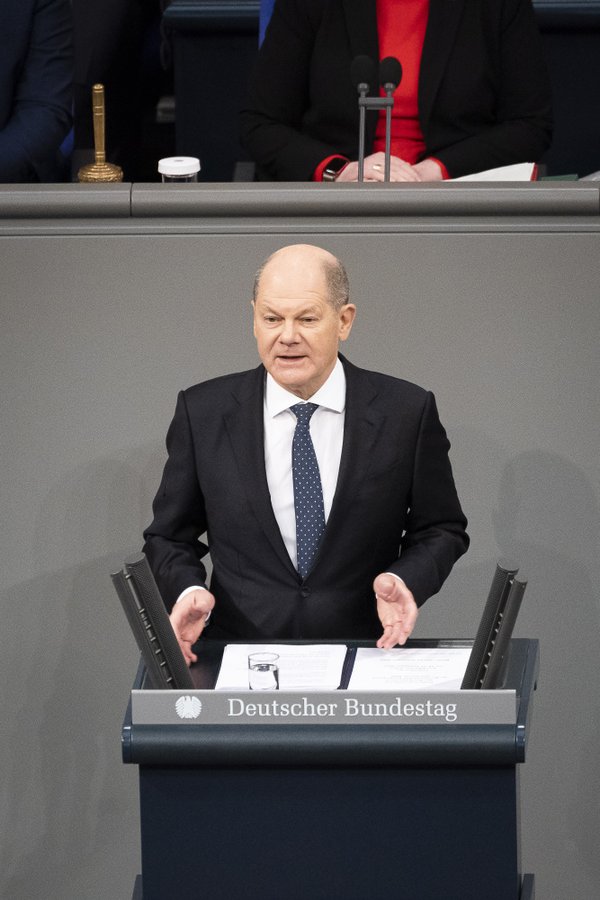Germany has announced that it has opened its doors wider with a landmark reform to its citizenship policies. The new legislation, it says, streamlines the path to becoming German, aiming to attract skilled workers and better integrate existing immigrants.
At the heart of the reform is a reduction in residency requirements and an attempt to make it easier and more seamless.
The new law says that after five years of residing in Germany with three years of exceptional integration achievements, individuals can now apply for citizenship, a significant drop from the previous eight or six years.
Additionally, German-born children automatically gain citizenship if one parent has been legally resident for five years, down from ten years previously.
There’s a major shift in the form of relaxed dual citizenship restrictions.
No longer will non-EU/Swiss citizens face the difficult choice of relinquishing their original nationality to become German. This move aligns Germany with many European neighbors and fosters a more inclusive environment for immigrants.
These changes are driven by a multifaceted agenda, chiefly economic, to bolster its waning workforce.
Therefore, by simplifying the naturalization process, Germany hopes to attract and retain skilled professionals, boost its economy, and address demographic challenges.
Furthermore, the reform recognizes the valuable contributions of long-term residents and aims to foster a more cohesive and vibrant society.
“At a time of mounting concern over immigration,” states German Chancellor Olaf Scholz, “we are telling those who have lived and worked for years in Germany and who respect our laws: You belong here.”
This sentiment underlines the reform’s focus on recognizing the contributions of immigrants and promoting a sense of belonging.
Germany’s new citizenship path strikes a balance between honoring individual heritage and fostering national unity.
By acknowledging the value of diverse backgrounds and streamlining the path to citizenship, the country takes a significant step towards creating a more welcoming and inclusive society for all.
Immigration has become a big political and economic issue in most parts of Europe, leading to sweeping changes in Denmark. United Kingdom, Finland, Denmark, and a host of others.









